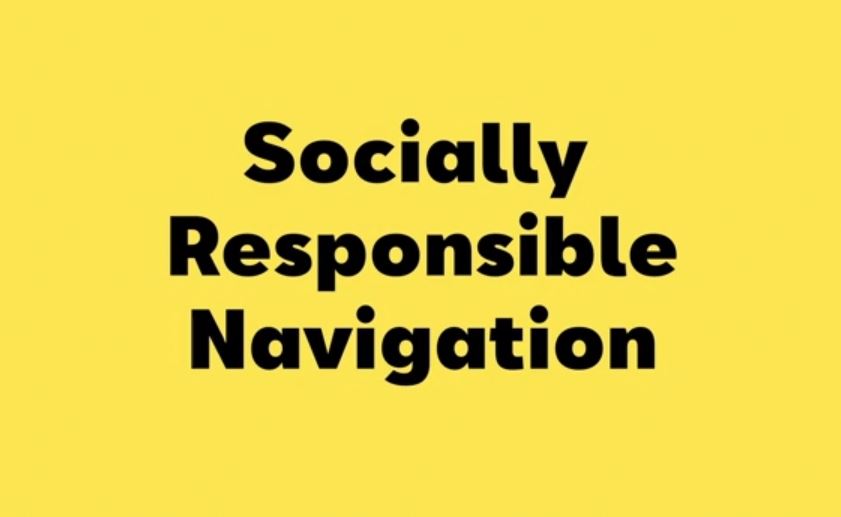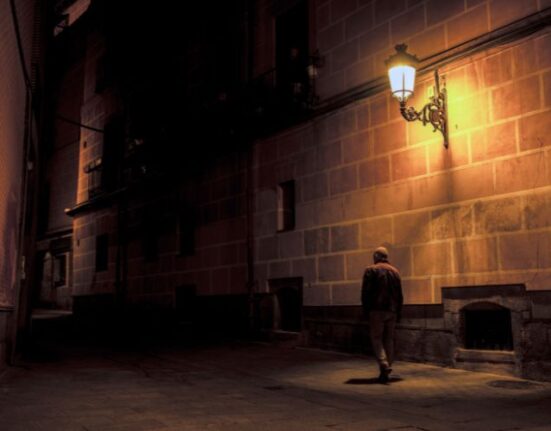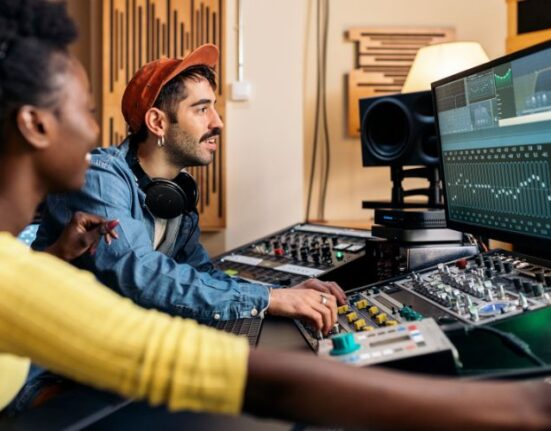Martorell, 13/11/18. – SEAT is presenting the novelties that will contribute to enhancing the future of urban mobility at the Smart City Expo World Congress, which is being held in Barcelona from November 13th to 15th, the backdrop for addressing the challenges facing cities to promote the global transition towards smarter, more sustainable mobility.
Visitors to the SEAT booth at the Expo can discover the new solutions for improving mobility developed by SEAT Metropolis:Lab Barcelona such as ride-sharing and Bus On Demand which XMOBA is going to implement as a pilot test next year; the evolution of the SEAT Cristobal concept car, now equipped with 5G technology; the new socially responsible navigation project partnering Waze with the Barcelona City Council; or the brand’s first vehicle of its urban micromobility strategy, the SEAT eXS powered by Segway.
SEAT President Luca de Meo stated that “in addition to being one of the benchmarks in the automotive sector, SEAT aims to be a relevant player in defining future mobility. The projects we are presenting at the Smart City Expo are examples of the brand’s capacity to develop initiatives that enable people to get around in a more efficient and sustainable way.” Furthermore, de Meo added that “the vision of the city of the future includes an environment where different technologies and vehicle types coexist, and we believe that solutions such as the eXS will contribute to enhancing mobility in this new reality.”
Socially responsible navigation with SEAT, WAZE and the Barcelona City Council
Following the agreement reached in 2017, SEAT became the first brand to integrate Waze cooperative navigation in its vehicles. Now, in collaboration with the Barcelona City Council, both brands are taking a further step in their cooperation.
By analysing data furnished by the Barcelona City Council and through the use of artificial intelligence, SEAT can predict events that could cause traffic disruptions, such as football matches, concerts or school drop-offs and pick-ups. With this information, Waze will inform users of the reasons for proposing route changes. This will improve urban mobility and prevent possible accidents at peak times during these kinds of common events.

















